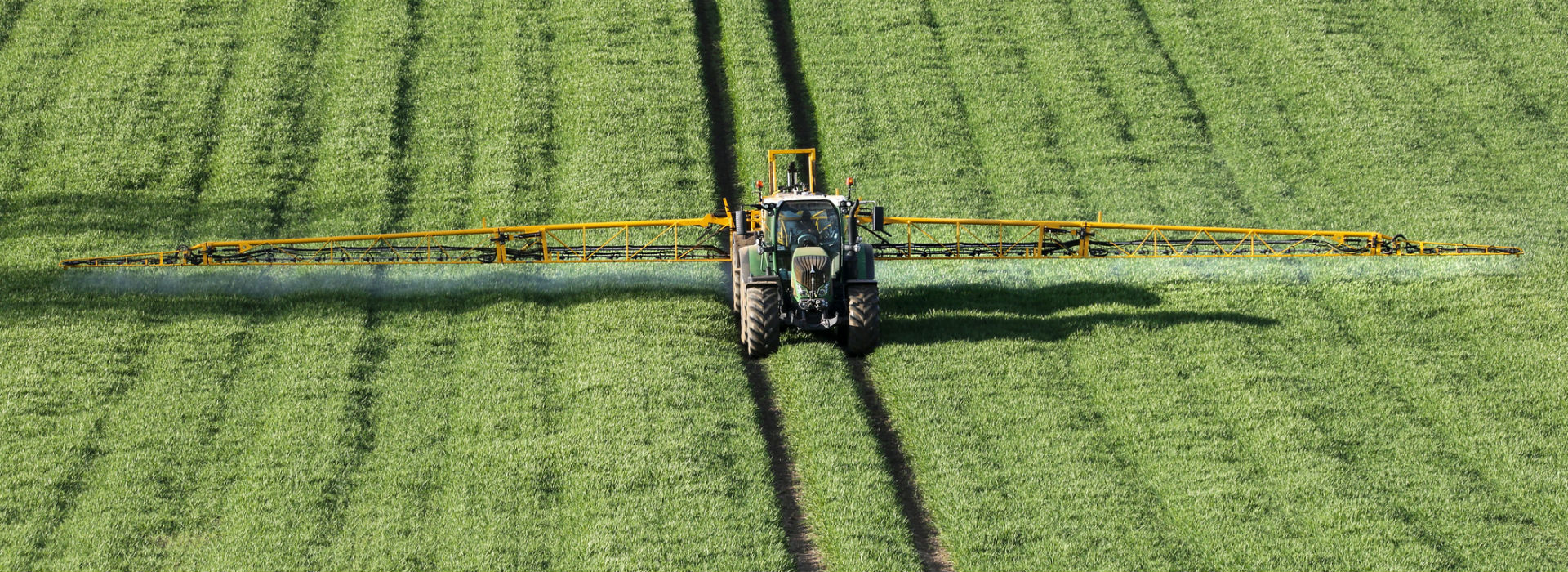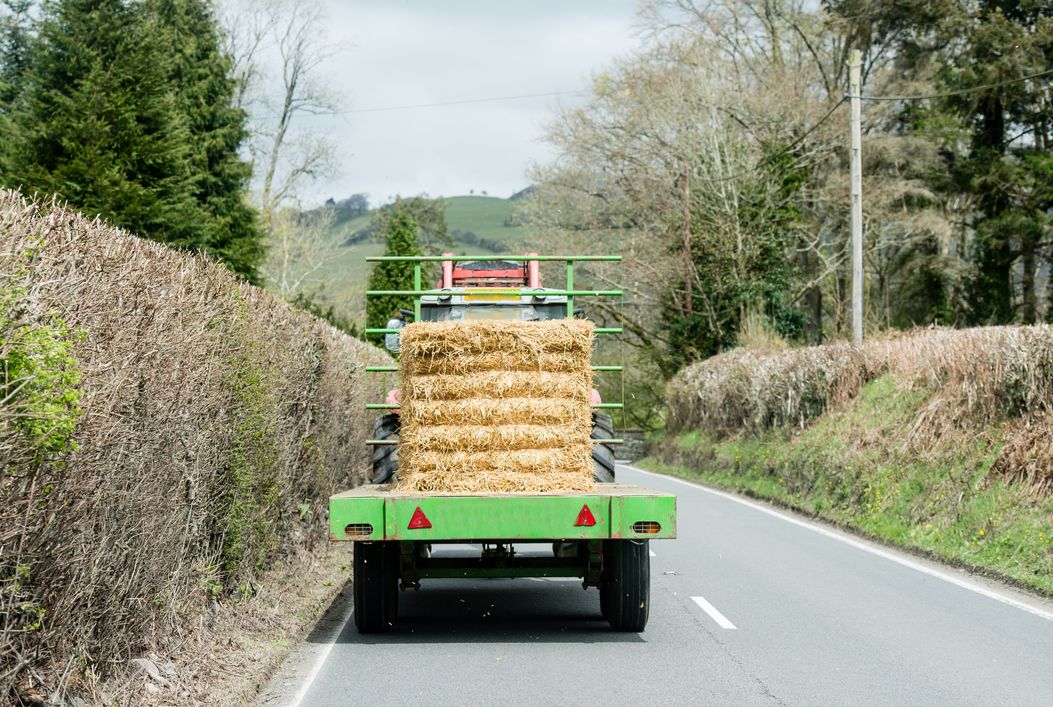The new rules, which come into force in on 2nd April are in place to help prevent pollution and promote good practice in farming.
The Department for Environment, Food & Rural Affairs (DEFRA) first floated a proposed set of new farming rules around water at the end of 2015. These regulations, which were announced at the end of last year and will come into force on 2nd April emerged from feedback during a consultation period, to ensure they were both practical and efficient.
The reasons behind the new water regulations
The new rules are part of the River Basin Management Plans and the EU Water Framework Directive, a 25-year environment plan which will remain in effect when we leave the EU. The initiative aims to improve water quality and protect the environment.
It is hoped that by having a set of standardised rules, the risk of pollution, which damages wildlife and impacts the economy, will be reduced, as farmers use fertilisers more prudently. This, in turn, should bring financial benefit to the farmers themselves as they’re able to cut down on fertiliser costs.
Farmers and landowners will need to have a soil test every five years and take reasonable measures to stop runoff and soil erosion, which can contribute to pollution.
What are the rules?
Planning
Farmers must plan ahead and test soil for existing nutrients and residual fertiliser, so levels of both are not exceeded, thereby avoiding unnecessary fertiliser application.
Various factors may heighten the risk of pollution, which must be taken into account. These include the proximity to water, any sloping, soil type, weather conditions and whether there are any land drains.
Storage
Any manure must be kept 10 metres away from fresh or coastal waters or 50 metres from a spring well or borehole.
Application
No fertiliser should be applied to ground that is waterlogged, snow-covered, or has been frozen for more than 12 hours in the last day. To do so would increase the chances of polluting the surrounding areas.
Organic manures
Manure must be applied further than 50 metres away from a spring, well or borehole. For inland and coastal waters, this boundary is at least 10 metres away unless precision equipment is used, in which case it’s 6.
Manufactured fertiliser
For manufactured fertiliser, the rules are it must not be applied within 2 metres of coastal or inland freshwaters.
Soil erosion
Farmers and landowners must help prevent soil erosion and runoff by practising proper cultivation and land management measures. The risk of runoff should be reduced by the considered application of organic and manufactured fertiliser.
Livestock
Livestock needs to be prevented from causing soil erosion on land within 5 metres of inland freshwaters and coastal areas, with their feeders kept at least 10 metres away.
For springs, wells or boreholes, feeders need to be at least 50 metres away.
Regulating the rules
The Environment Agency (EA) will be responsible for ensuring the rules are enforced and providing farmers with advice to help them comply. Prosecution is a possibility if advice, civil sanctions and notices fail.
Rural Protect is a specialist liability insurance policy which can cover defence costs if a Farmer is allegedly found in breach of these new rules, costs associated with pollution clean-up enforced by the Environment Agency, and the Environment Agency’s investigation fees.
To find out more about Rural Protect, call McClarrons on 01653 697055 or visit www.networkportfolio.co.uk/mcclarroninsurance.com/rural/rural-protect.
More information and advice on the new water regulations can be found on the government website.
























